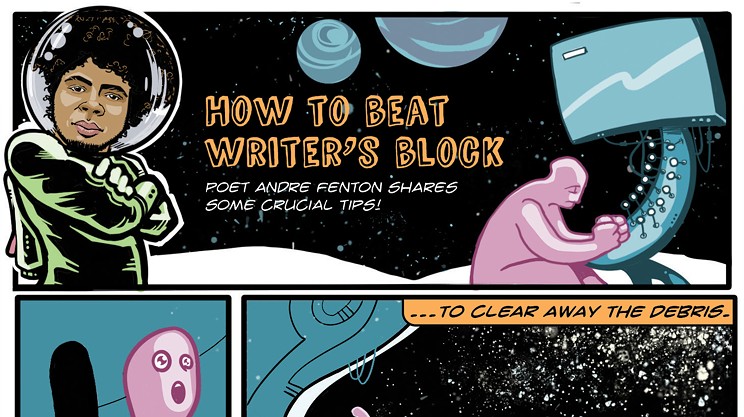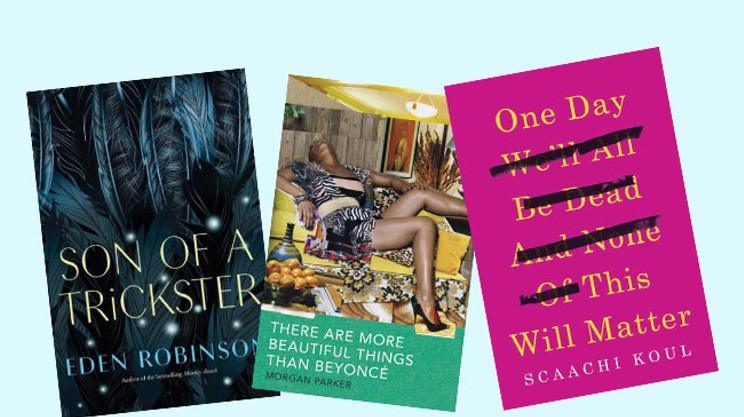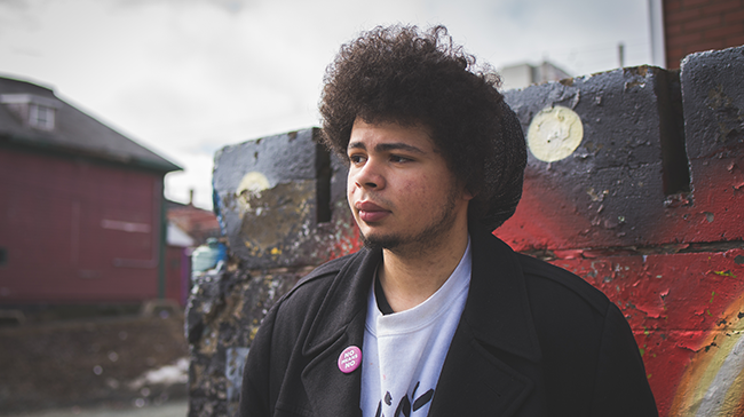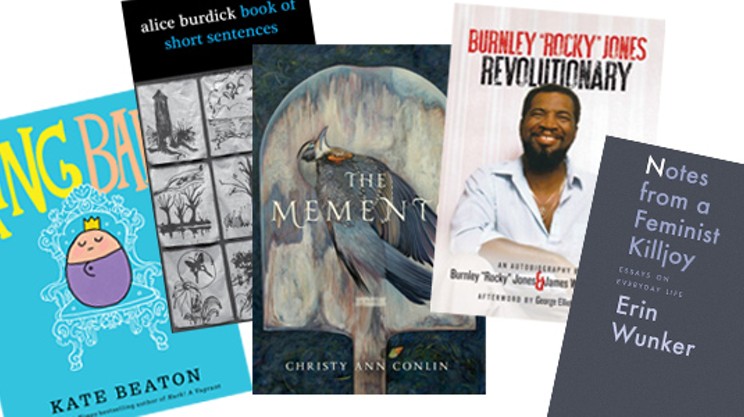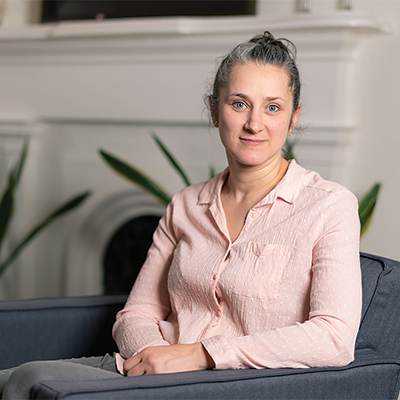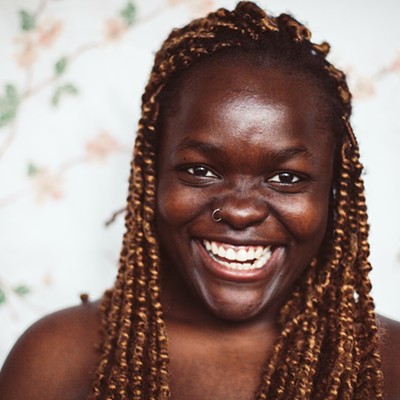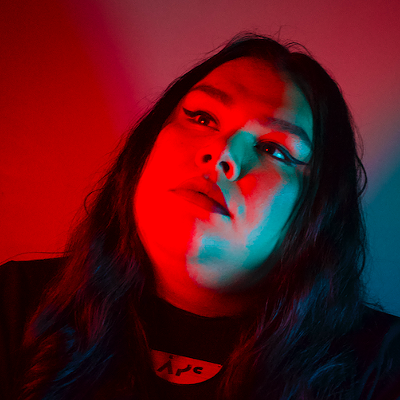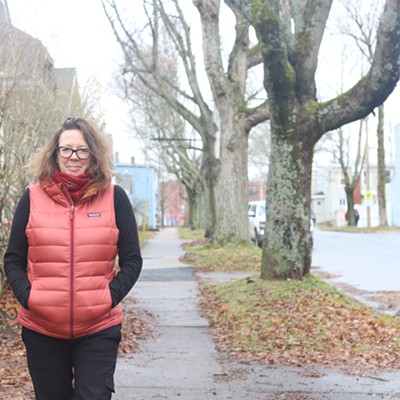I Heard Something launch
Monday, June 4, 7pm
Art Bar, 1873 Granville Street
Jaime Forsythe's new book of poetry I Heard Something is a trust exercise in the creative process—Forsythe kept the inspiration channel open and all manner of tense and surreal thoughts crept in.
"Have you ever gotten so used to listening for your baby's cry that you auditory-hallucinate her cry?" asks Forsythe. "I think I was in that kind of tired-yet-alert-listening state a lot."
A self-identified "sloooow" writer, Forsythe's poems are crafted in "scraps of time," jotted on the back of order pads, taken in quick notes and retiring some ideas for years before their purpose becomes clear again. "I didn't really set out to write a second book right away," she says of the follow-up to 2012's Sympathy Loophole, "but the poems kept accumulating. It always feels hard to me, like starting from scratch every time I sit down."
The poems in I Heard Something do feel this way, Forsythe's familiar dark humour punching through the page even when nestled between flirtations with the uncanny—a dreamy quality permeates the book, as if you were to find yourself suddenly behind the eyes of someone else, à la Being John Malkovich. It's funny; it's a bit terrifying; it's very weird. Some poems marry a haziness to the starkly commonplace, like when receiving unusual directions left for you by a friend in "Notes for the Housesitter:" "You do not have to follow silver arrows made of electrical tape, or consider every cult offer that comes knocking. Please bring in the mail." There is something special secreted away in each poem waiting for a reader to find and connect with its odd revelation.
In "Autobiography I," Forsythe plays with our expectations of memoir. "I'm interested in what poetry can do with the 'I,' how it can stretch and play with the boundaries of a first-person perspective," she says. "I don't think I'd ever have any interest in writing a linear life story, but what I am interested in is attempting to track thoughts and experiences that are sometimes tiny, fleeting, shadowy or hard to understand. The kind of stuff that wouldn't make it into a real autobiography."
It's in this poem we're gifted these lines: "The intersection where I was once yanked into a taxi's padded room pulsed red. The streets had been dipped in green but still I flinched like an inchworm, wanting to tuck myself into a plush music box. While on a locked ward, I received three marriage proposals: I had never been so popular and haven't been since."
Other poems like "What's Unsolved as a Place to Rest" can be strikingly relatable even as they prompt you, pull away at your layers. "Why does anyone / do anything, ever? Walk into the woods, / get lost in their own pupils in a dressing room mirror, go home / with a stranger, allow / their worst instincts to ricochet / out from their bodies."
Which is the crux: Forsythe's poems are work, her language tightly wound, each word chosen with care, symbols and images piling up like a smorgasbord of wordplay that you want to pause and somehow control. It's maddening in a way that's also incredibly fulfilling when you read a line like "We held our jealousy / careful as injured wrens." ("Constitutional") that has a way of echoing in your mind for days.
I Heard Something is an experience—a thrill, a shiver up your back—not easy, but well worth exploring. "I think with this book, I felt a bit more comfortable with experimentation and slightly longer forms," she says. "I was more comfortable settling into a poem, letting it unfurl and seeing where it went."


